[ad_1]
The White House has not revealed whether Biden will raise the Jamal Khashoggi’s murder during his trip to Saudi Arabia.
United States President Joe Biden arrived in Saudi Arabia on Friday afternoon, onboard the first of many direct flights from Israel to the kingdom.
The US president was received by the governor of Mecca, Prince Khaled Al Faisal as well as Riyadh’s ambassador to Washington, Princess Reema bint Bandar Al Saud. Notably, Saudi Arabia’s de-facto ruler Crown Prince Mohammed bin Salman, or MBS, was not at the airport to welcome the American leader.
Biden is due to meet with MBS, as well as his father, King Salman as part of his four-day regional tour that saw him first visit Israeli and Palestinian leaders in Tel Aviv and the besieged West Bank.
The same US president had pledged to make Saudi Arabia a “pariah” state over the notorious murder of Saudi dissident journalist Jamal Khashoggi, who was killed in Turkey by Saudi agents as part of an operation orchestrated by MBS in 2018.
Saudi Arabia has appeared to transform its status, from Washington’s perspective, from having “no redeeming social value” to being a “strategic partner” of the US, as Biden scrambles for energy securement amid drastically surging oil prices.
The spike in prices have partially pushed US’ inflation to a four-decade high of 9.1% in June, ahead of the midterm elections in November.
Following three days in the occupying state, Biden arrived onboard an unprecedented direct flight from Israel to Jeddah for discussions with Saudi officials and to attend a summit of Gulf allies.
In the summit, the US president is expected to meet with leaders of the bloc, including Qatar’s Amir Sheikh Tamim bin Hamad Al Thani. State-owned Qatar News Agency announced the amir will participate in the Security and Development Summit in Jeddah on Saturday.
Iraq, Egypt and Jordan have been confirmed as the three non-GCC states to also attend the summit.
His arrival in Jeddah came hours after the Saudi civil aviation authority announced on Friday “the decision to open the kingdom’s airspace for all air carriers that meet the requirements of the authority for overflying,” it said in a statement.
This is an apparent gesture by Saudi Arabia to highlight openness towards Israel ahead of Biden’s arrival.
The American president, appearing to sway away from its initial pariah-inducing tangent, hailed the move.
“Today, I will be the first president of the United States to fly from Israel to Jeddah, Saudi Arabia. As we mark this important moment, Saudi Arabia’s decision can help build momentum toward Israel’s further integration into the region, including with Saudi Arabia,” Biden said.
“I will do all that I can, through direct diplomacy and leader-to-leader engagement, to keep advancing this groundbreaking process,” the White House quoted the president.
Biden has faced ongoing pressure both at home and on a global stage in the lead up to the meeting in Saudi Arabia, with rights organisations urging him to use the Middle East tour to highlight key rights issues in both Israel and Saudi Arabia.
Experts believe the need for the US president to write an op-ed in the Washington Post before travelling to Saudi Arabia is indicative of the extent of “pressure the US administration is domestically.”
“Bipartisan lobbying in Washington for the president to honour his campaign promise to ostracise the Saudi Crown Prince for his involvement in the murder of US-based journalist Jamal Khashoggi, remain firm,” Dr. Andreas Krieg, assistant professor at the School of Security Studies at King’s College London wrote in an op-ed on Doha News.
Saudi normalisation
While the trip has raised speculations on a potential establishment of ties between Saudi Arabia and Israel, analysts believe a full adoption of diplomatic relations is currently unlikely.
“Saudi and Israel have had decades of secret ties and cooperation but official interaction remains limited,” Ali Al Ahmed, founder and director of the Washington-based think tank Institute for Gulf Affairs, told Doha News.
“In the short term, it is highly unlikely that Saudi Arabia will normalise relations with Israel. Although such step nearly guarantees increased American support for the monarchy, the domestic and regional challenges remain great.
“Domestic foes to MBS and or the monarchy will capitalise on such normalisation,” Al Ahmed noted.
Leaders from both sides in Saudi Arabia will touch on topics centred around energy supply, human rights, and security cooperation.
Washington is expected to urge Saudi authorities to commit to increasing production amid a spike in oil prices driven partially by the Russia-Ukraine conflict.
Warming relations between GCC states and Iran
The Biden trip also comes amid heightened reports of a potential Middle East alliance, loosely dubbed ‘Middle East NATO’, designed to protect the region from security threats.
“Tony Blinken himself wrote in 2017 that ‘an anti-Shia coalition masquerading as a Middle Eastern security alliance will only fuel’ violence and instability in the Middle East – and drag the US into it. Yet that is exactly what Biden is doing now,” Dr. Trita Parsi, Executive Vice President at the Quincy Institute wrote on Twitter.
A communication portal, however, has opened between Iran and Saudi Arabia, with four rounds of discussions last year and a fifth in April held in a bid to restore diplomatic ties and diffuse tensions, especially regarding their respective stances on Yemen.
The cautious establishing of those relations comes as the US gradually forgoes the close-knit relation it enjoyed with Riyadh and Abu Dhabi during the former Trump administration.
On Wednesday, Iran’s Foreign Ministry spokesperson Nasser Kanaani said Tehran and Riyadh are interested in holding more talks.
“Our conclusion is that the negotiations have been positive. Both sides are interested in a continuation of the meetings,” Kanaani told a weekly press conference.
Numerous talks held between Iran and United Arab Emirates officials in both countries also signal a thawing of relations between the sides, despite growing speculations about Biden facilitating a potential “anti-Iran” Middle East NATO.
The UAE began engaging with Tehran back in 2019 following attacks on tankers off Gulf waters, as well as Saudi energy infrastructure.
On Friday, a top official said the UAE is also expected to send an ambassador to Tehran as it aims to rehabilitate relations with Iran.
Anwar Gargash, the president’s diplomatic adviser said the idea of a “confrontational approach” to the Islamic Republic “was not something Abu Dhabi supported,” Reuters reported.
The UAE recalled its envoy to Tehran in January 2016, after Saudi Arabia and Bahrain severed diplomatic relations with Iran.
The adviser said a Middle East NATO was a “theoretical” concept and that for Abu Dhabi confrontation was not an option.
Speaking to reporters ahead of a visit to Paris by Sheikh Mohammed bin Zayed Al Nahyan, Gargash confirmed the UAE would not be part of an “axis” against Iran, reports said.
As for cordial relations enjoyed between Qatar and Iran, an isolationist approach to the latter by Doha seems impractical, analysts believe.
Doha most recently hosted a fresh round of indirect talks between the US and Iran to help kickstart peace talks after months-long stalemate in Vienna.
An adviser to the Iranian delegation of the nuclear deal, Mohammad Marandi, said Iran “chose” the Gulf country as a place for negotiations because “it is a friendly country”.
Similarly, Qatar has doubled down on statements calling for the revival of the agreement, which authorities in Doha said could bring stability to the region and help boost oil markets.
[ad_2]


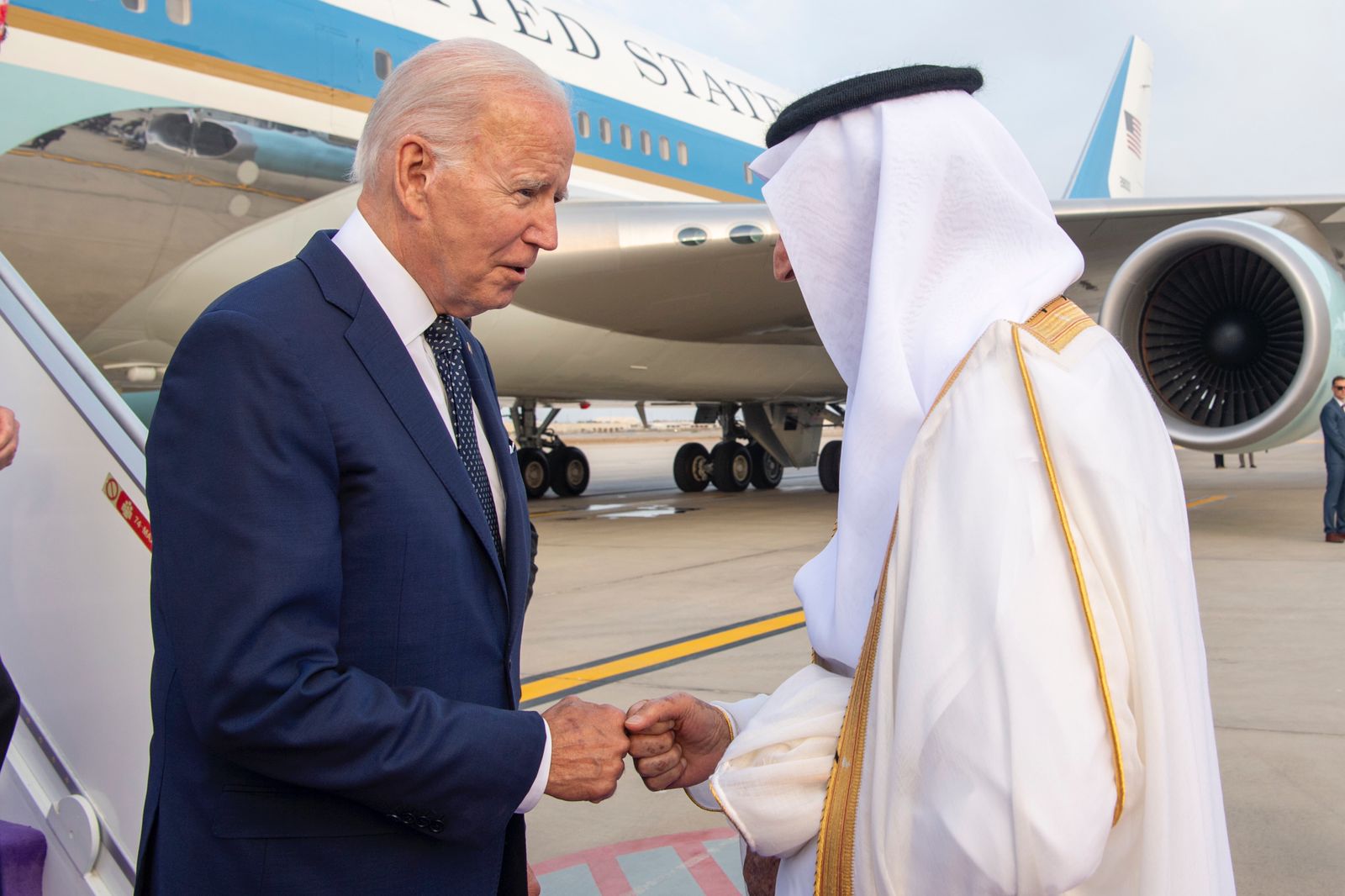
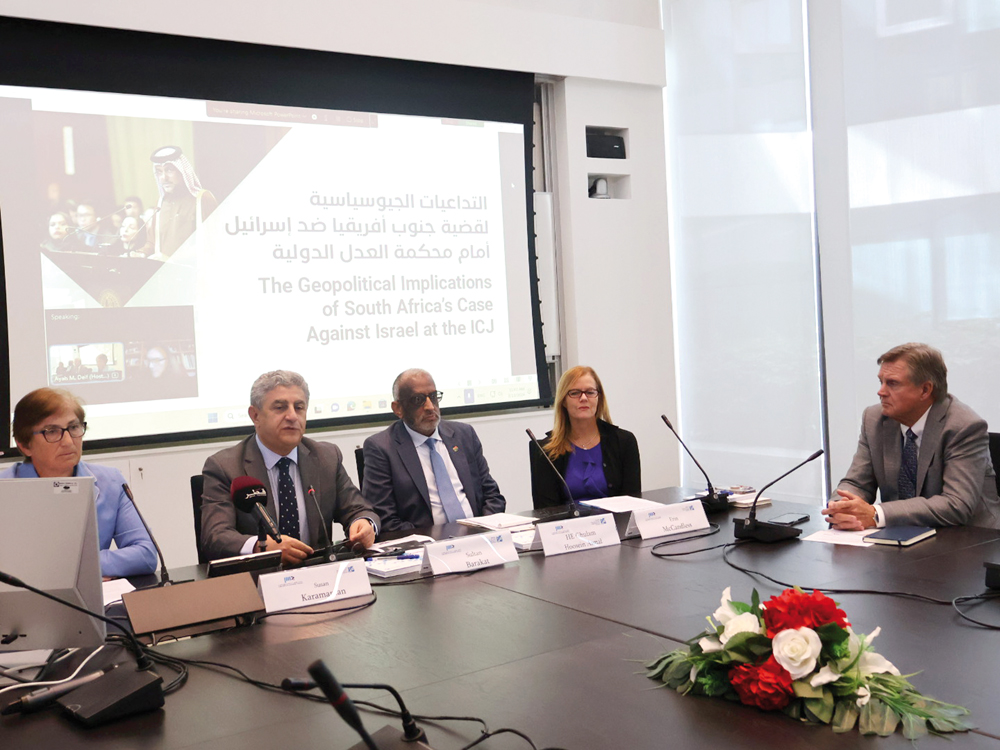
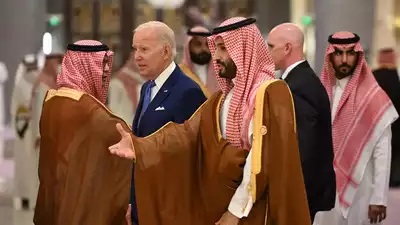
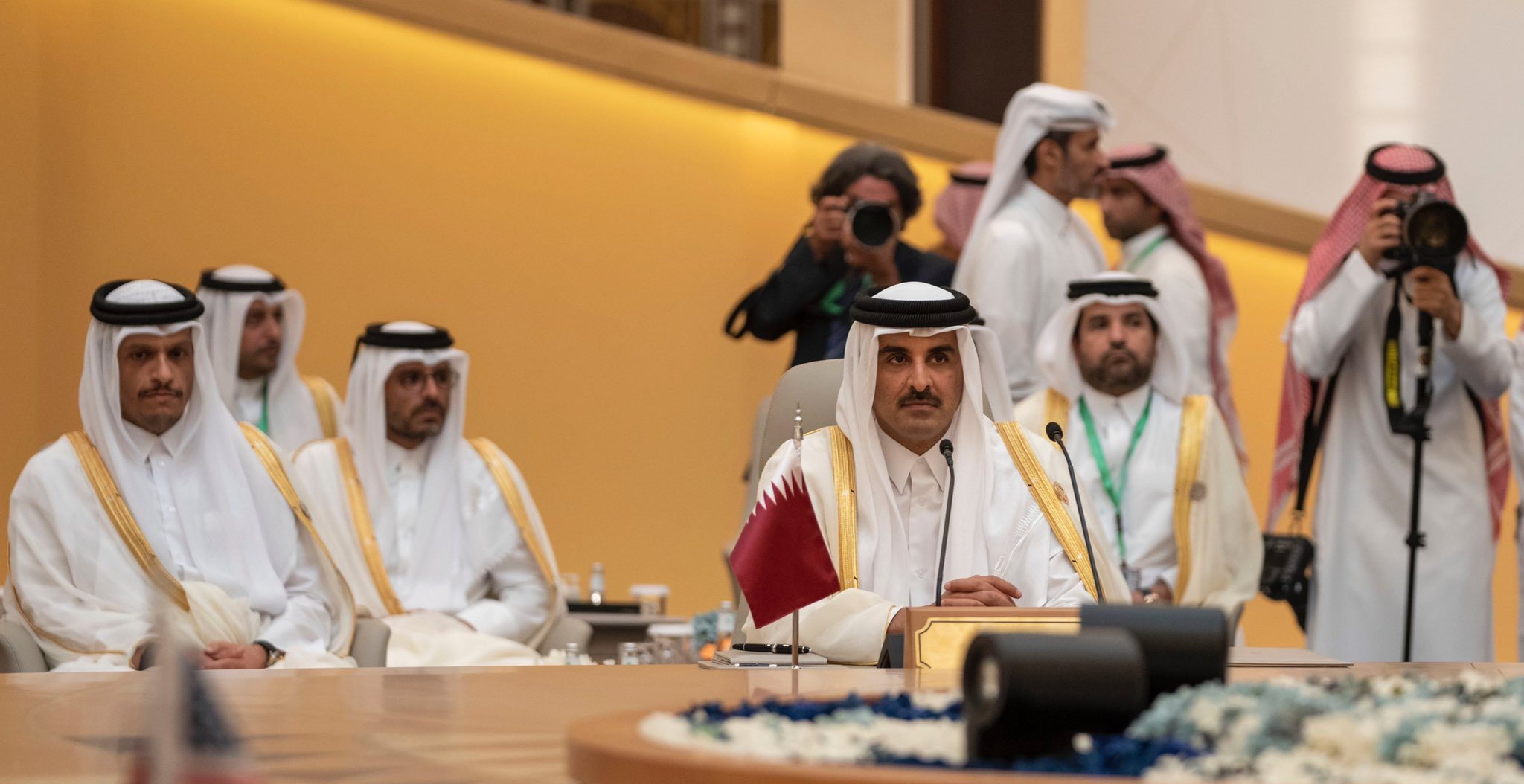
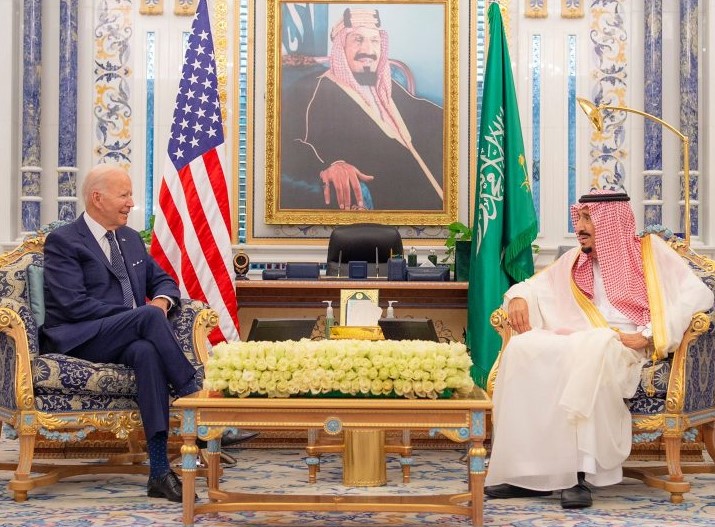

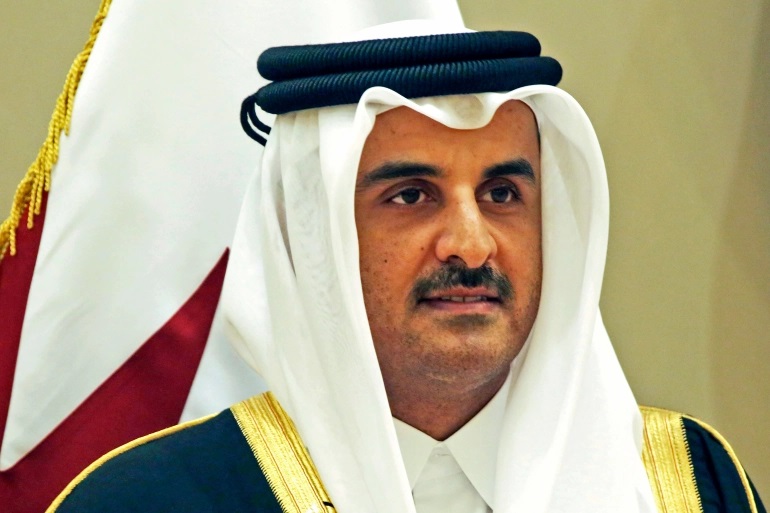
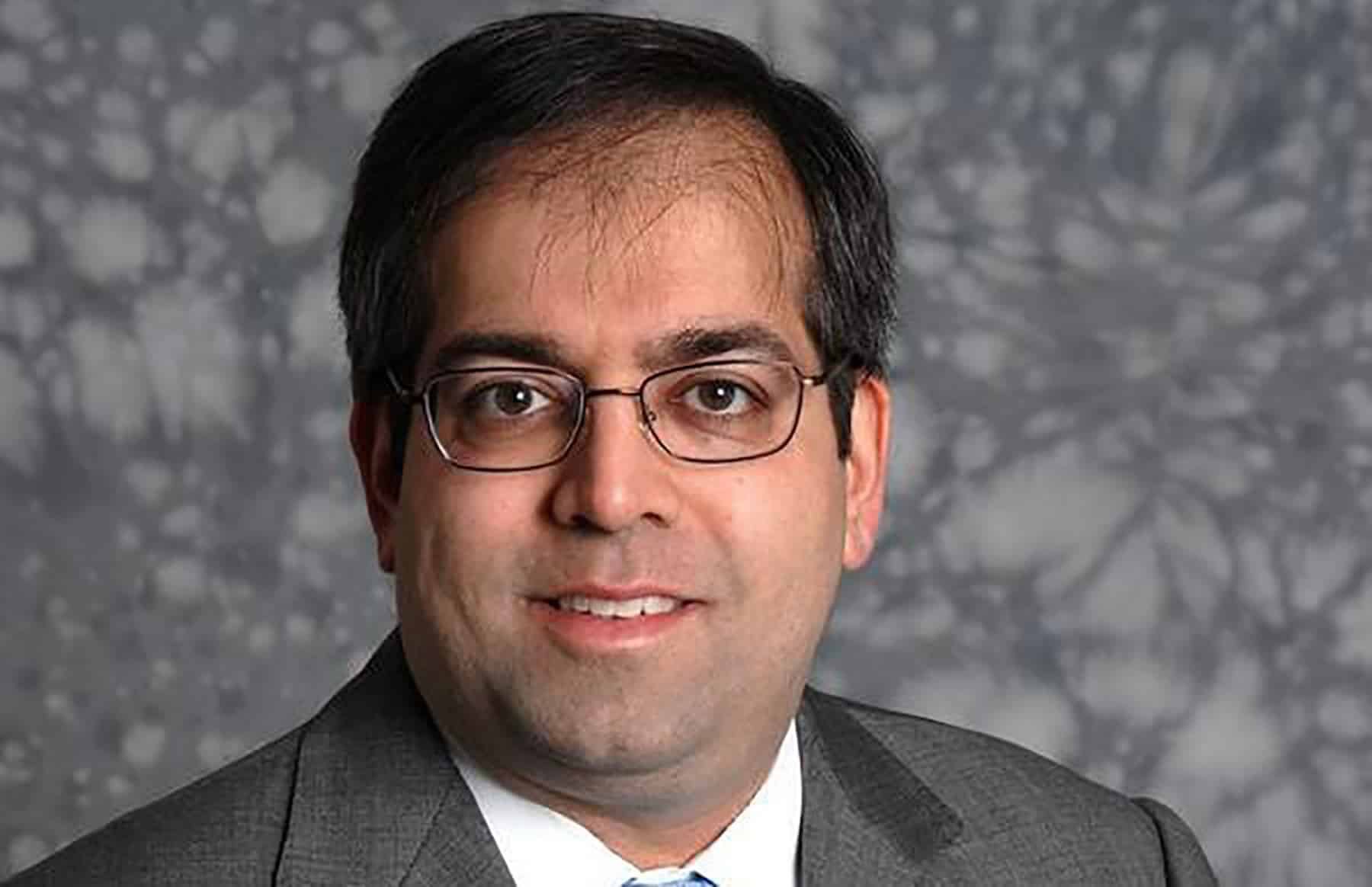
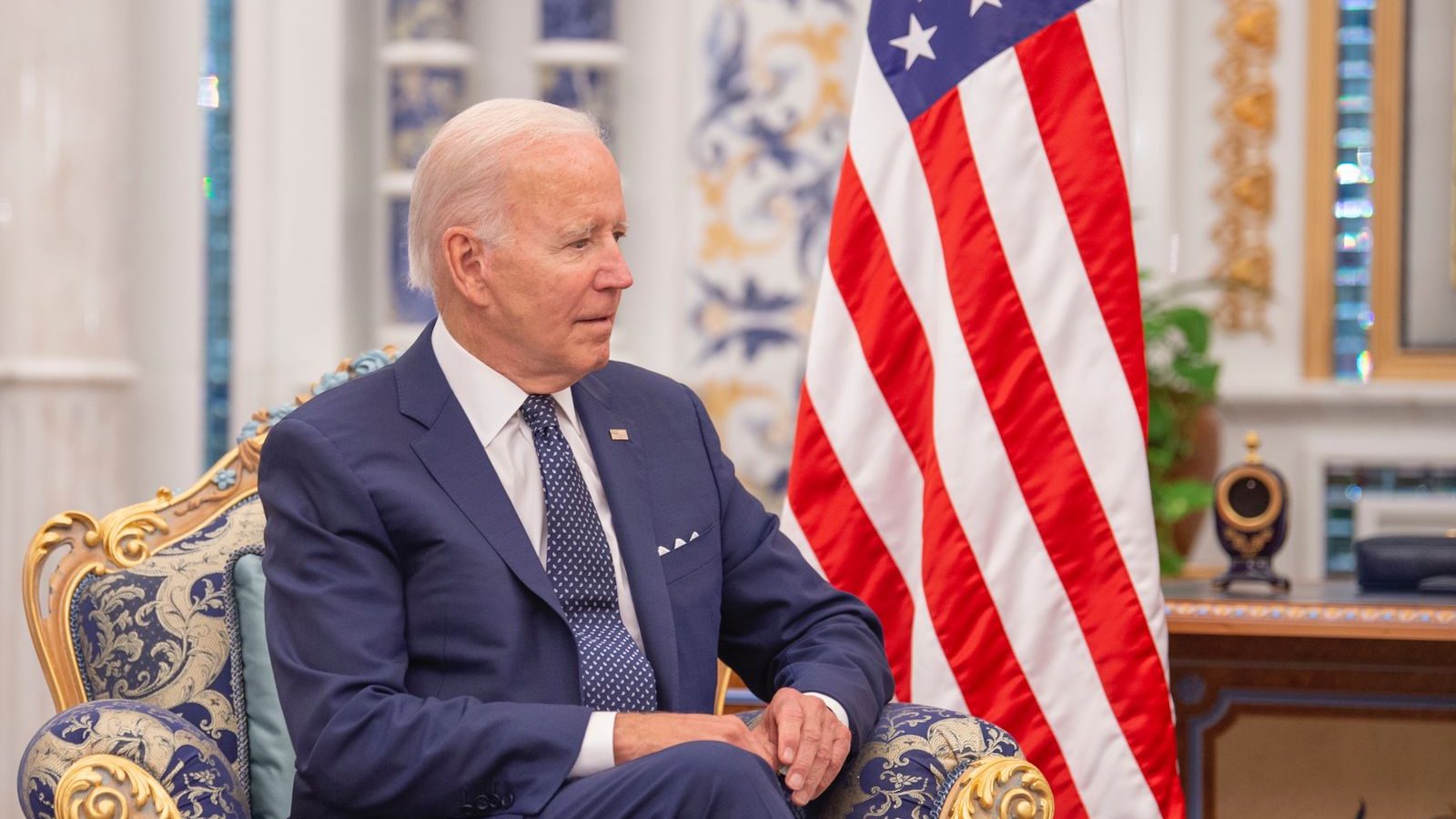

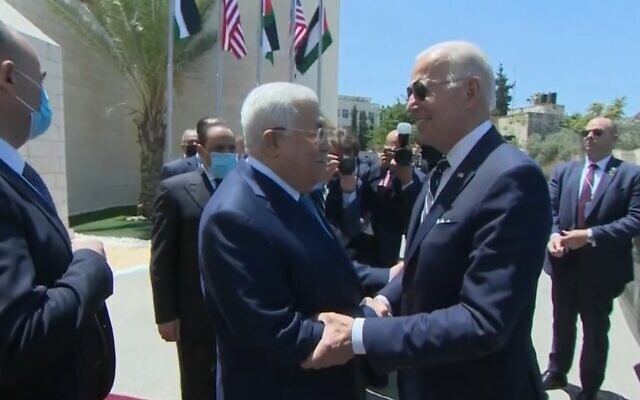




Leave a Reply